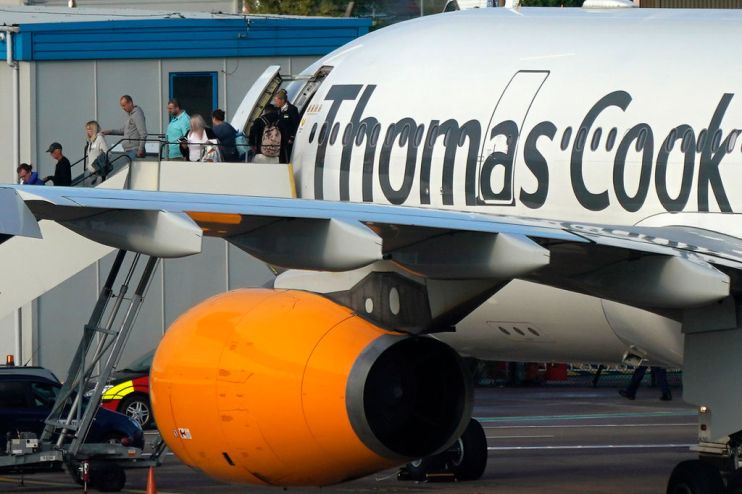DEBATE: Was the collapse of Thomas Cook inevitable?

Was the collapse of Thomas Cook inevitable?
Julian Jessop, economics fellow at the Institute for Economic Affairs, says YES.
It is sad to see the collapse of the world’s oldest travel firm, but badly run companies must be allowed to fail.
There was some bad luck here, including unrest in Turkey, European heat waves, and Brexit uncertainty. However, good businesses are robust enough to ride out temporary problems.
In contrast, Thomas Cook was carrying too much debt, partly due to the ill-timed merger with MyTravel in 2007. Above all, it failed to keep pace with the online revolution and with more innovative rivals who are better at providing what consumers actually want.
There is therefore no case for a government bailout. Unlike the banks in 2008, the failure of a travel firm is not a threat to the whole economy.
Smarter competitors will be able to take on Thomas Cook’s business (and hopefully many of its staff). In the meantime, most customers are protected by some form of insurance.
In short, this is simply free-market capitalism doing its job.
Liz Jarvis, a writer, editor and a Liberal Democrat parliamentary candidate, says NO.
I was recently talking to a travel agent who told me that her bookings are considerably down for this time of year. She blamed it solely on Brexit, as her regular customers are jittery not only because of exchange rate changes and rising costs, but also due to genuine fears of being stranded if a travel firm collapses while they’re on holiday.
It’s not the first time I’ve heard this from those working in the travel industry; the fact is that Brexit is having an impact on consumer confidence. Two years ago Monarch collapsed in part because of the weak pound after the Brexit vote, while Flybmi went bust this year, also blaming Brexit.
It’s not difficult to see the correlation between the collapse of Thomas Cook and the geopolitical uncertainty created by Brexit.
Of course Brexit isn’t the main cause of the collapse of Thomas Cook (it had debts of £1.7bn and was failing to respond properly to online competition), but it’s impossible to deny that it’s a contributory factor, and now another 9,000 people are at risk of losing their jobs.
Main image credit: Getty